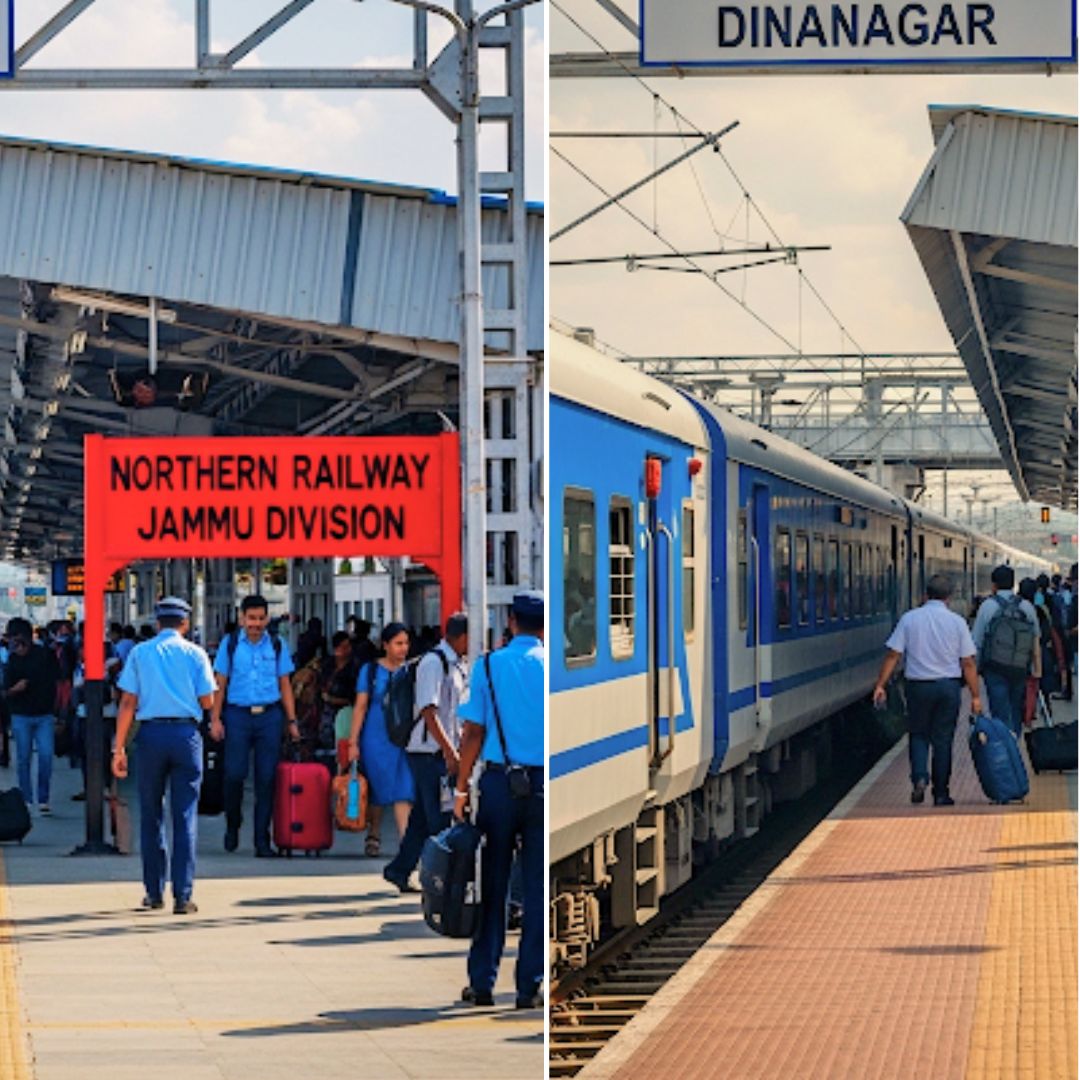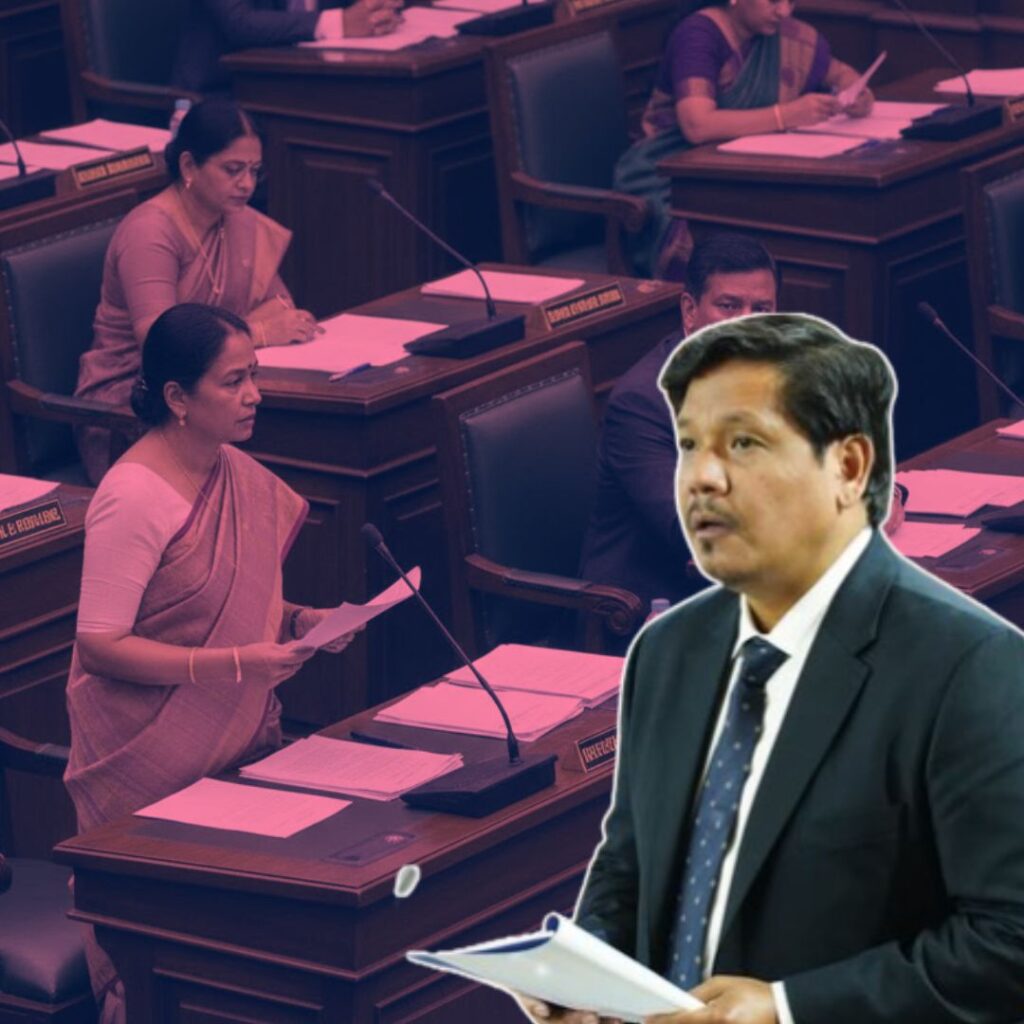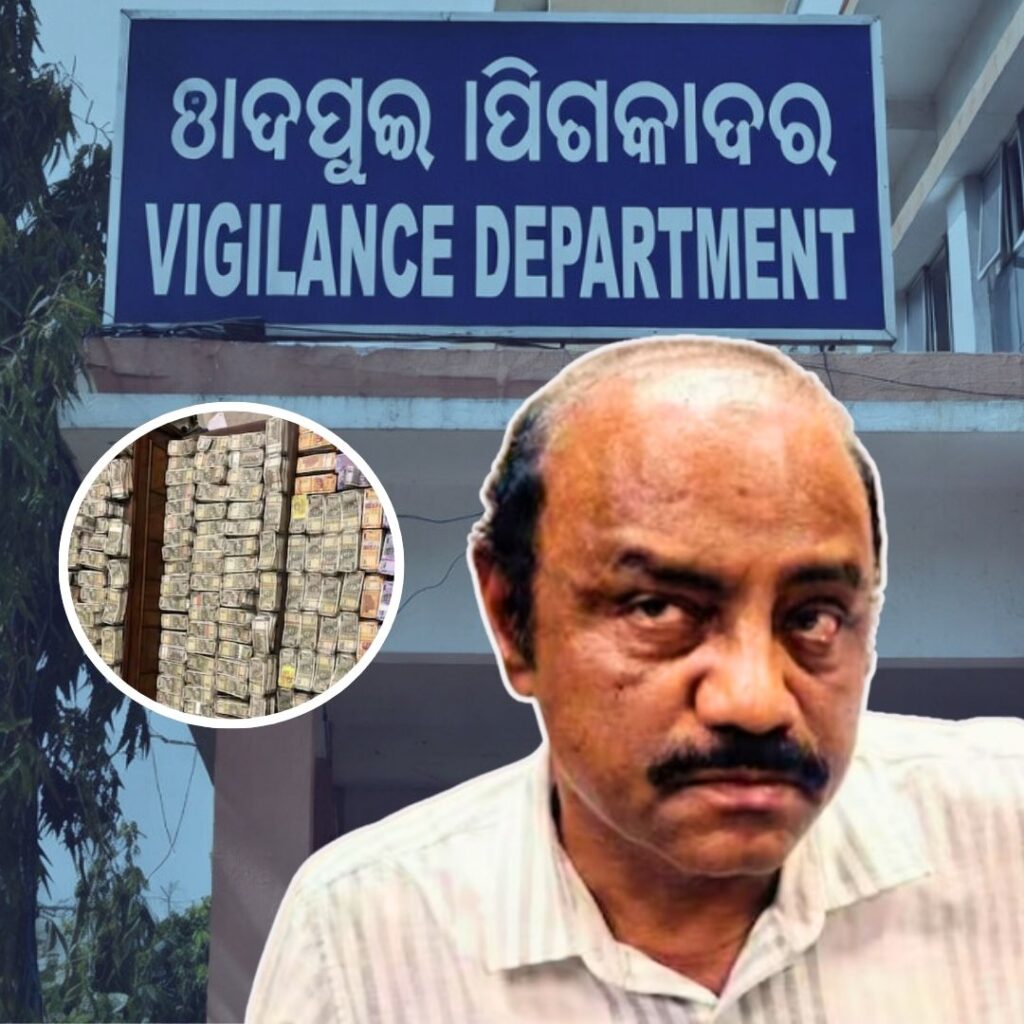Northern Railway’s Jammu Division has taken a significant leap in modernising railway safety and operations with the commissioning of its first direct unlocking system at Dinanagar Railway Station on 26 July 2025.
This cutting-edge electronic system automatically controls signalling and track-point mechanisms, sharply reducing the chances of human error that have traditionally threatened operational safety.
Divisional Railway Manager Vivek Kumar praised this installation as a decisive milestone in transforming the rail network, marking a broader plan to implement similar technologies to enhance the efficiency and reliability of rail travel across Northern India and beyond.
Revolutionising Rail Safety and Operational Efficiency
The direct unlocking system empowers operators with automated, electronically synchronized control over railway signals and points, which physically divert trains along specific tracks.
By mechanising these critical safety features, the system dramatically cuts down errors that could lead to misrouting or collisions. Vivek Kumar noted, “This system will not only improve safety and efficiency but will also provide a better travel experience to passengers.
It is a vital step in the broader mission of making Indian Railways more secure, punctual, and technologically advanced.” Railway staff are now able to closely monitor train movements via an integrated electronic platform, which detects and manages any discrepancies in real-time, thereby minimising the risks of accidents and reducing delays.
This upgrade means thousands of daily commuters and long-distance travellers will benefit from smoother journeys with dependable timing, while railway employees can allocate more focus to passenger assistance and emergency readiness.
A railway spokesperson elaborated, “With this system, the likelihood of signal failures or manual slippages is greatly reduced, fostering higher confidence in train operations among passengers and frontline staff alike.”
Rail Infrastructure Upgrades in Jammu & Kashmir
Dinanagar’s new system is part of a broader renaissance in Jammu and Kashmir’s railway network, following intensive investments and technological integration aimed at overcoming long-standing operational challenges posed by the region’s rugged terrain and climatic conditions.
Earlier this year, two state-of-the-art Vande Bharat Express trains began servicing the route between Katra and Srinagar, a development that symbolises the region’s increasing connectivity and strategic importance.
Beyond new train services, the region has seen substantial track modernisation, including 88 kilometres of machine-assisted tamping and 14 kilometres of deep-screen ballast cleaning carried out since June 2025.
These mechanised maintenance practices have replaced taxing manual work, improving rail infrastructure’s durability and safety.
Moreover, Indian Railways has introduced streamlined logistics, enabling modern machinery to access workshops within the valley directly a logistical breakthrough that has slashed maintenance times and bolstered reliability.
Together, these advancements are fundamentally reshaping how railways operate in Jammu and Kashmir, embedding resilience and efficiency into daily travel.
The Logical Indian’s Perspective
This transformative phase for Jammu and Kashmir’s railway infrastructure exemplifies how technological progress, when thoughtfully implemented, serves as a beacon of inclusive development and community wellbeing.
By prioritising passenger safety and operational transparency, Indian Railways is not only enhancing infrastructure but also fostering empathy and trust within diverse communities that depend heavily on public transport for their livelihood and mobility.
With each new innovation, there lies a powerful opportunity to cultivate respect, patience, and kindness among travellers sharing crowded trains and stations values essential for social harmony in a diverse nation like India. As these sophisticated systems expand nationwide, how might their adoption inspire broader social cohesion, inclusivity, and mutual respect among citizens from varied backgrounds?












